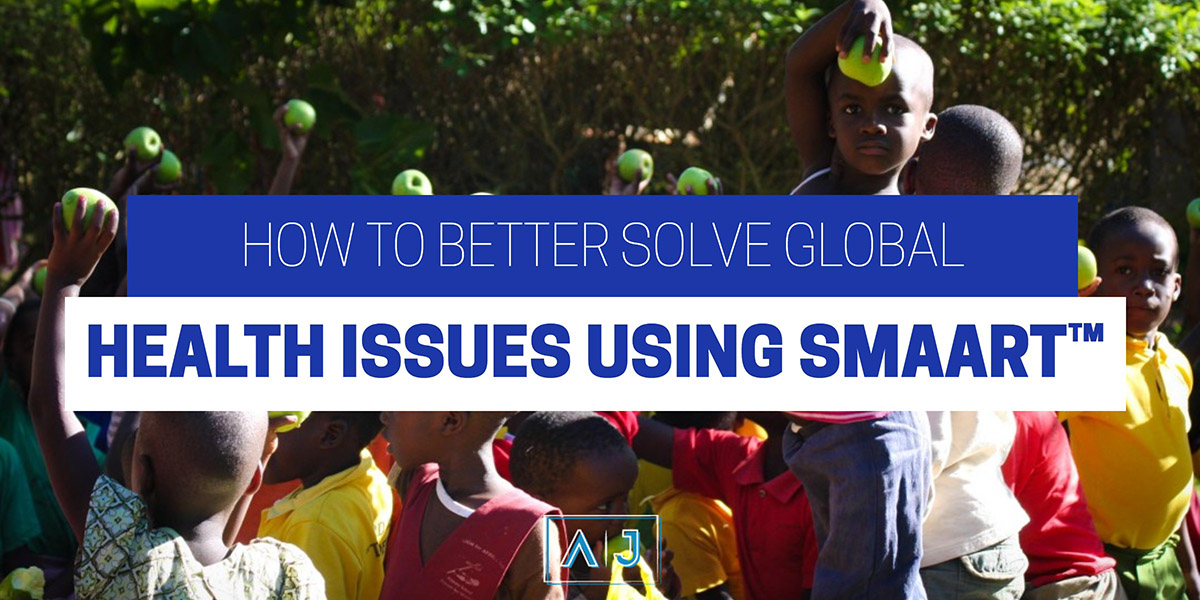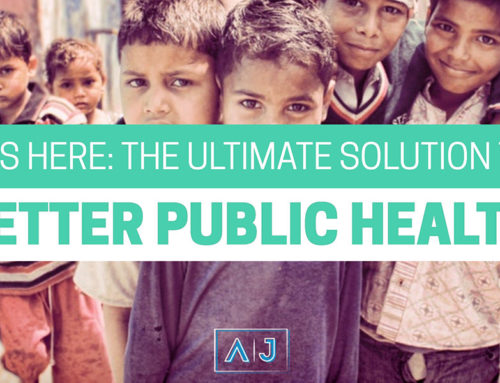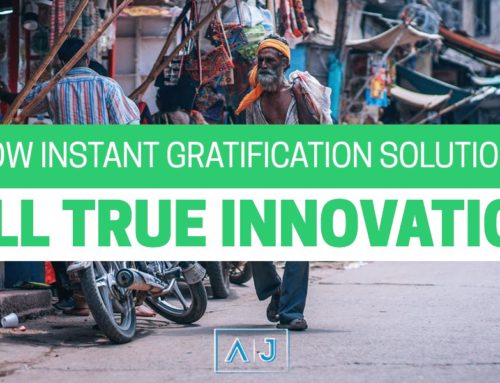A New Approach to Public Health Policy
Health doesn’t occur in a vacuum. Rather, it’s embedded in larger living and working conditions. Yet, we handle social and economic policy as if it wasn’t. When we create policies without considering the broader context, we fail to create sustainable solutions.
It’s like treating symptoms without uncovering the root cause. As I discussed in my post 4 Important Things to Really Consider in Global Health Research,
“Health issues are rarely singularities. There are typically many other factors involved that need to be considered when doing research, such as access to water, socio-economic conditions, political climate (including war), existing trade agreements, and ecological degradation.
“A powerful example of this is HIV/AIDS specifically in Africa—factors such as poverty and war affect the population most at risk and can contribute to where the disease is most prominent and why. Varying cultural views on disease and medicine also play a role. This can be especially true for the delivery of care.
“Social conventions or stigmas about illness have the potential to impede the implementation of a successful remedy. To easily avoid these roadblocks, researchers should become culturally familiar with the communities they are attempting to treat.”
When it comes to public health research, findings emphasize the need for policymakers, healthcare providers, and leaders from multiple sectors of society to use the currently available knowledge to improve living conditions and the health of populations (Williams, Costa, Odunlami, & Mohammed, 2008).
So, how do we tackle these complex issues effectively? By getting SMAART™.
Introducing the SMAART™ Framework
SMAART™ (Sustainable Multisector Accessible Affordable Reimbursable Tailored) is a Population Health Informatics (PopHI) framework I designed to guide the development of tools and technologies that integrate social determinants of health data with clinical data to enhance population health outcomes across individuals living in diverse geographic settings.
Simply put, SMAART™ is a platform created to 1. contextualize data so it’s meaningful so that 2. People can create sustainable, global solutions to public health problems.
Really, anyone can use SMAART™ to create any global solution, not just public health. If you’re seeking to solve a problem, SMAART™ can help make it a reality.
It’s Time to Get SMAART™
Over the next few weeks, I’ll be outlining both why and how SMAART™ will change the way we problem-solve. It’s one thing to say there’s a problem—it’s another to actually do something about it. It seems to me we have no issue finding problems, so I’ll be focusing on the “doing something about it” part. Because we definitely struggle with that.
To learn more about SMAART™, fill out the form below to download the SMAART™ Framework Spec Sheet.
In it, I outline the components of the platform, including:
- Data sources
- Data management
- Data analysis
- User interface
- Practical and theoretical framework
- Assessments
I also encourage you to download my Guide for Creating Global Solutions. SMAART™ and this guide go hand-in-hand. So, if you’re a social entrepreneur, or just someone sick of waiting around for someone to “do something about it,” this guide is for you! It can be difficult to know where to start when tackling large issues, so I’ve made it easy and digestible. Just subscribe by clicking the button below, and I’ll send the guide straight to your inbox.
















Leave A Comment